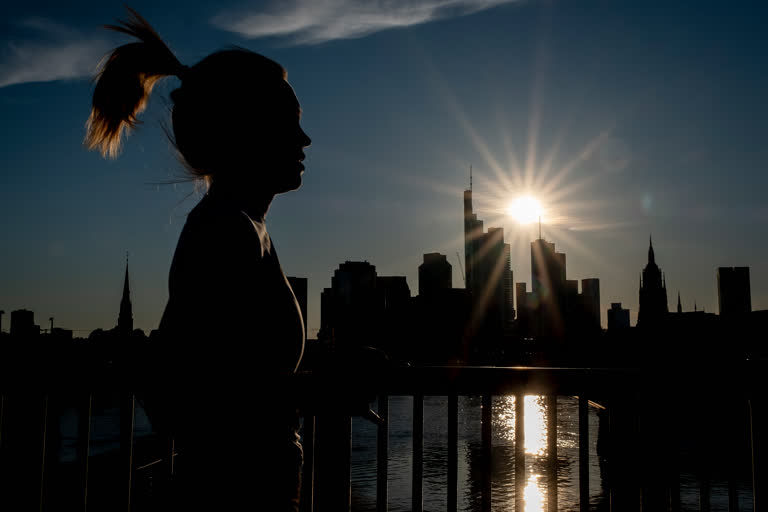Paris:Plastic spacing barriers and millions of masks appeared on Monday on the streets of Europe's newly reopened cities, as France and Belgium emerged from lockdowns, the Netherlands sent children back to school and Spain let people eat outdoors.
All faced the delicate balance of trying to restart battered economies without fueling a second wave of coronavirus infections.
Social distancing was the order of the day but just how to do that on public transit and in schools was the big question.
Read also:Pandemic breaches White House walls as uncertainty looms over US polls
Fears about infection spikes have been born out in Germany, where new clusters were linked to three slaughterhouses; in Wuhan, the Chinese city where the virus started; and in South Korea, where a single nightclub customer was linked to 85 new infections.
With Monday's partial reopening, the French did not have to carry forms allowing them to leave their homes. Crowds developed at some metro stations in Paris, one of France's viral hot spots, but the city's notorious traffic jams were absent and only about half the stores on the Champs-Elysees Avenue were open.
Read also:Tripple antiviral drug combo shows promise for treating COVID-19
Hairdressers in the city practiced their new workflow over the weekend ahead of Monday's reopening, and planned to charge a fee for the disposable protective gear they'll now need for customers. Walk-ins will be a thing of the past, said Brigitte L'Hoste, manager of the "Hair de Beauté" salon, who expects the number of appointments to be cut in half.
"The face of beauty will change, meaning clients won't come here to relax. Clients will come because they need to," said Aurelie Bollini, a beautician at the salon. "They will come and aim at getting the maximum done in the shortest time possible."
Roughly half of Spain's 47 million people shifted into a softer version of the country's strict confinement, beginning to socialize, shop in small stores and enjoy outdoor seating in restaurants and bars. Its biggest cities of Madrid and Barcelona remained under lockdown as the country reported the lowest numbers of coronavirus-related deaths and infections since March 17.
In Greece, Smaragda Petridou was out buying beauty products from a cosmetics chain.
"Look, I'm not afraid to go in when the protection measures are being adhered to," she said. "We'll shop, what can we do? So the shops can survive too."
In Germany, gyms re-opened in the most populous state, but authorities there and in France have said any backsliding in the daily number of infections could lead to new restrictions.
"We're going to have to learn to live with the virus," Health Minister Olivier Veran said.
In South Korea, the government pushed back hard against new infections, halting the school re-openings that had been planned for this week and re-imposing restrictions on nightclubs and bars. It is now trying to track down 5,500 people who had visited a popular Seoul entertainment district by checking credit-card transactions, mobile-phone records and security camera footage.
The hurdles ahead for tourism and the service industries were on full display. Shanghai Disneyland reopened to visitors, but let in only limited numbers and demanded that they wear face masks and have their temperatures checked.
Spanish hotels were allowed to open as long as they don't mix guests in public areas. But with people not allowed to travel outside of their provinces and few flights from overseas, the prospects were bleak.
